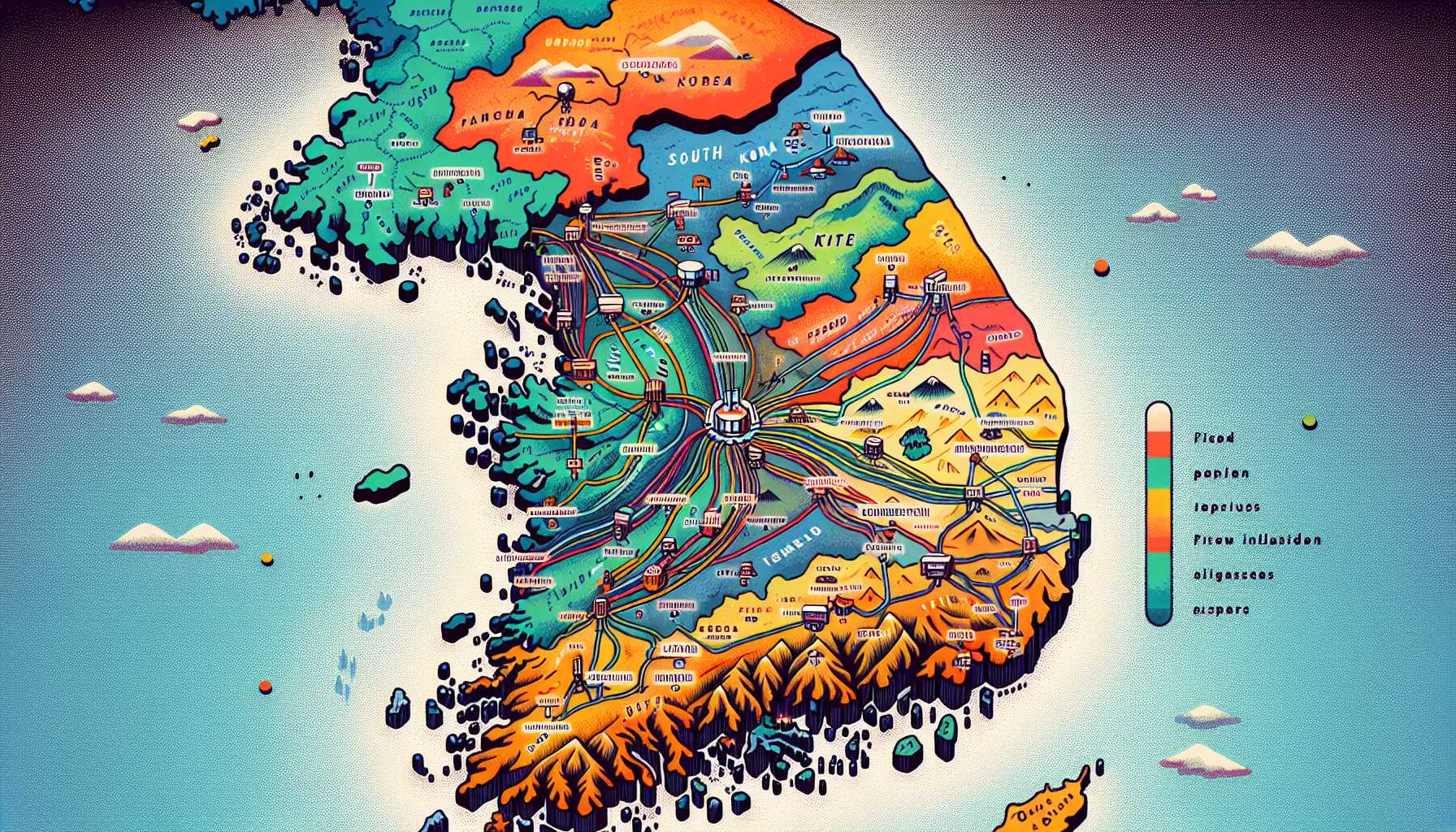South Korea’s High-Speed Internet Penetration: A Global Leader
South Korea is a global leader in internet connectivity, boasting one of the highest penetration rates of high-speed internet in the world. But what percentage of the population actually enjoys this high-speed access at home? Let’s delve into the numbers.
High-Speed Internet Penetration in South Korea
As of 2023, a staggering 99.1% of households in South Korea have access to high-speed internet, according to data from the Ministry of Science and ICT. This translates to over 27 million households connected to the internet at speeds exceeding 25 Mbps. This impressive figure places South Korea among the top countries globally in terms of high-speed internet penetration. In comparison, the average OECD country has a penetration rate of around 87%, highlighting South Korea’s remarkable achievement in bridging the digital divide.
Factors Contributing to High Penetration
Several factors have contributed to South Korea’s remarkable internet penetration:
- Government initiatives: The government has played a crucial role in promoting internet infrastructure development through various initiatives, including the “National Broadband Plan” and the “Ubiquitous Network Project.”
- Competition among internet service providers: The presence of multiple internet service providers (ISPs) has fostered healthy competition, leading to affordable and high-quality internet services.
- High demand for internet access: South Koreans are known for their tech-savviness and embrace of digital technologies, driving the demand for high-speed internet access.
Benefits of High-Speed Internet
The widespread availability of high-speed internet has brought numerous benefits to South Korean society:
- Enhanced economic growth: High-speed internet facilitates online businesses, e-commerce, and remote work, contributing to economic development.
- Improved education and healthcare: Access to online resources and educational platforms has enhanced learning opportunities, while telemedicine services have improved healthcare delivery.
- Greater social connectivity: High-speed internet enables communication and interaction through social media, online communities, and video conferencing.
Conclusion
South Korea’s high-speed internet penetration rate is a testament to the country’s commitment to digital infrastructure development and its citizens’ embrace of technology. This widespread access has brought significant economic, social, and educational benefits, solidifying South Korea’s position as a global leader in the digital age.

